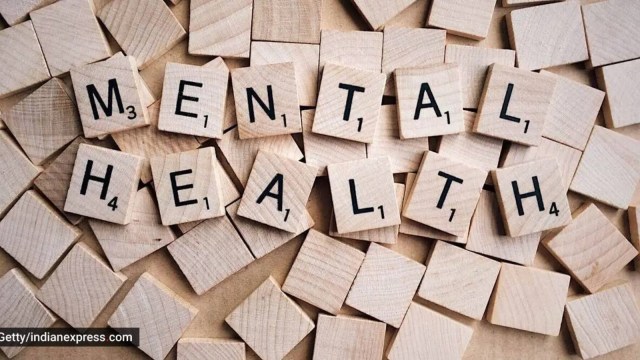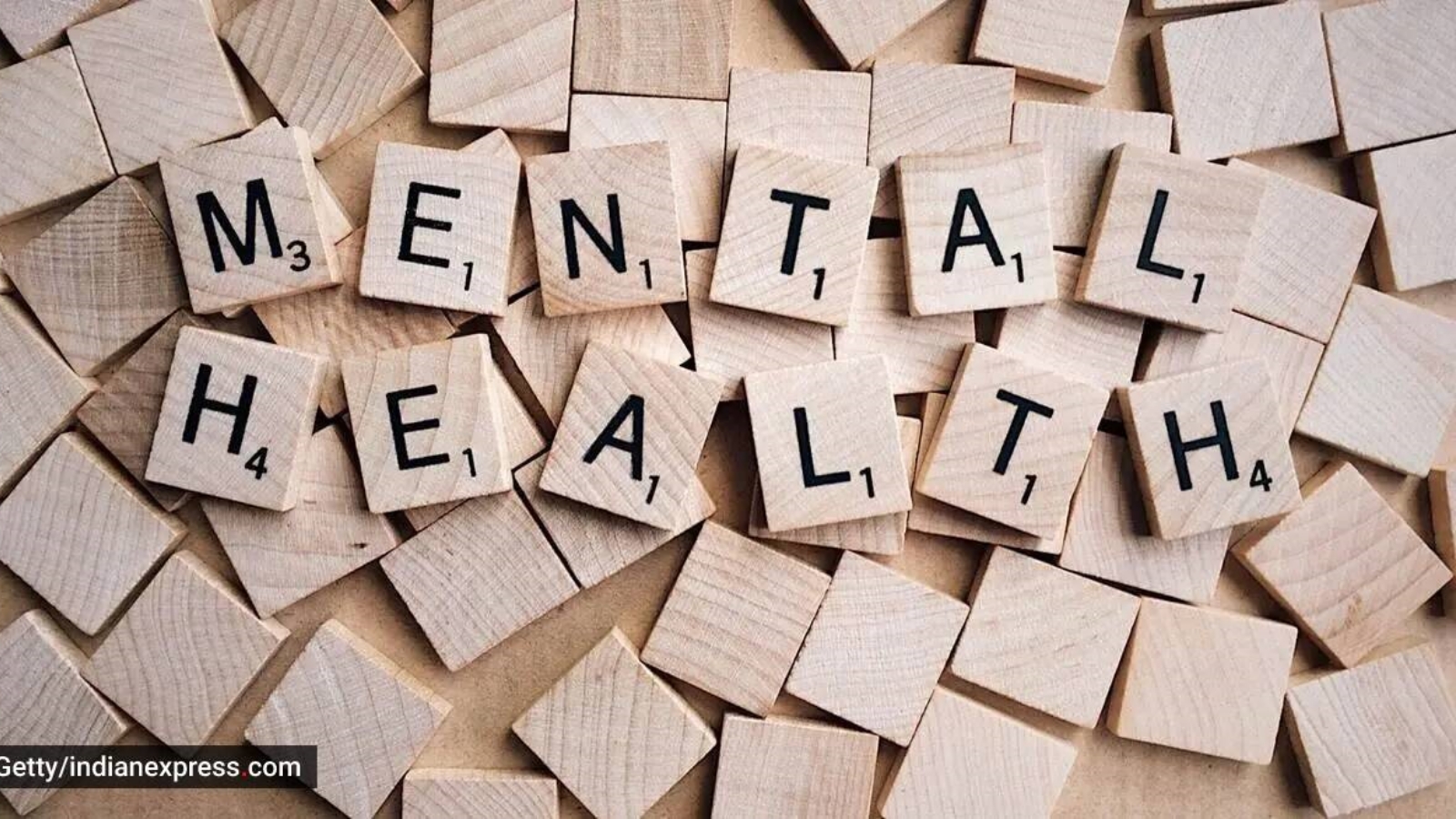
Also by Shailender Swaminathan
India is poised for rapid economic growth, potentially spurred by a young population driving production and demand. In the process, inevitably, lifestyles are being dramatically altered for the worse. India now reports the highest growth of ultra-processed food consumption among the youth, as well as low levels of exercise and adequate sleep. Cultural changes, including smartphones and a preponderance of English in schools, are also associated with weakened family relationships. Until recently, in the absence of extensive data, the role of these factors on mental well-being, encompassing our full range of mental capability, was not well understood. Recent findings based on a large database of over 1,50,000 individuals in India are beginning to shed light on the correlates of mental well-being among adolescents. The findings are dire. There is a silent epidemic of mental ill-health in India.
Previous studies have found that ownership of smartphones is “frying” the brain. Data also suggests that it is not merely the ownership of a phone but also the early age of access that is associated with worse cognition and mental well-being as young adults. The young brain is developing and must be nurtured. These gadgets are handed to adolescents, presumably more out of convenience than sound logic. There is a legal minimum age for drinking alcohol and driving cars. Presumably, these rules are in place because children do not yet have the maturity to act in moderation. Even without the rules, it is unlikely that parents would hand over the keys of a car to a teenager. It boggles the mind that parents (and some schools) can allow such unrestrained use of handheld gadgets. Analysis of recently collected data suggests that the earlier age of access to smartphones is associated with a lower likelihood of college completion. The American philosopher David Henry Thoreau remarked over 175 years ago, “Technology is an improved means to an unimproved end.” This is an extreme position, but one worth mulling. While smartphones may have economic usefulness, there is no justification for their unhindered use among teenagers.
India reports the highest growth in consumption of ultra-processed foods. Some evidence suggests that these foods are as addictive as smoking. Recent data globally and from India shows a strong association between the consumption of ultra-processed foods and poor mental well-being, particularly the capacities for emotional and cognitive control. More research is required to untangle the specific components responsible for these effects. In this context, research and regulation that limits the uninformed and widespread consumption of ultra-processed foods would be prudent. The positive association between physical exercise and mental well-being is well established, particularly with respect to energy, the experience of pain, and the ability to focus. The challenge is to inculcate a habit of exercise despite constraints such as restricted play areas, the pressure of school exams, addictive lure of the smartphone, and student enrolment in coaching classes.
Finally, data shows that family closeness is strongly associated with better mental well-being, in particular, mood and outlook, and the ability to relate to others. Teenagers responding to the surveys in the regional language report substantially stronger family bonds and a better ability to relate to others than their counterparts responding in English. However, this trend is reversed for older adults, presumably because income levels are higher among individuals who are more comfortable in English. As more schools move to a system where English becomes the medium of instruction even at younger ages, it is important to examine whether this push comes at the expense of weakening family bonds and mental well-being.
India’s quest for development has resulted, in general, in rising income levels and, consequently, a lower percentage of the population now lives in poverty. Alarmingly, however, data suggests that mental well-being among the youth with family incomes less than Rs 1 lakh per year but who exercise frequently, have close families, and/or rarely consume ultra-processed foods is better than that of their counterparts with family incomes greater than Rs 10 lakh per year who live sedentary lives, weakened family relationships, and frequently consume ultra-processed foods. “Back to the roots” makes sense in more ways than one.
India’s economic growth is closely tied to the youth, so we must intervene before it’s too late. Just two decades ago, adolescents reported high levels of mental well-being, surpassed only by the very old. Today, they report the lowest levels of mental well-being. We are now beginning to understand some of the reasons for this reversal, with early-age use of smartphones, consumption of ultra-processed foods, and low levels of exercise emerging as prime suspects. The time to act is now. Policymakers cannot act unilaterally — schools, parents and medical associations have a role to play.
Above all, the private sector must also reflect on its role — through its products and services — in the spread of the mental ill-health epidemic. Eventually, it will hurt them through an acute shortage of qualified, capable and productive workers and the consequent insufficient demand for their products.
More often than not, the urgent dominates the important in human affairs. But addressing the mental health epidemic is both urgent and important. Otherwise, in a few years, we will realise that the modern lifestyle — smartphones and processed foods — has eviscerated India’s demographic dividend.
Note: Data used in this article has been collected by the Sapien Labs Centre for Human Brain and Mind at Krea University.
Swaminathan is Director, Sapien Labs Centre for Human Brain and Mind at Krea University and Nageswaran is Chief Economic Advisor to the Government of India. Views are personal
© The Indian Express Pvt Ltd
First uploaded on: 07-09-2024 at 07:20 IST



